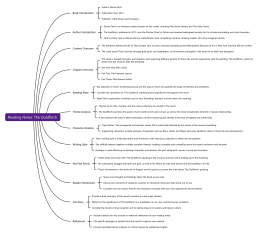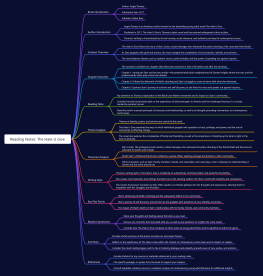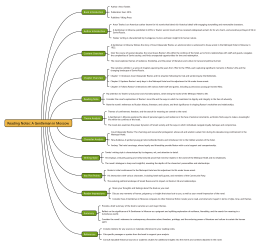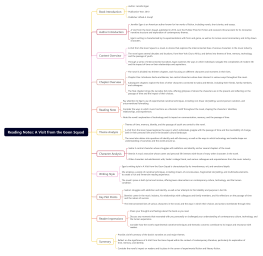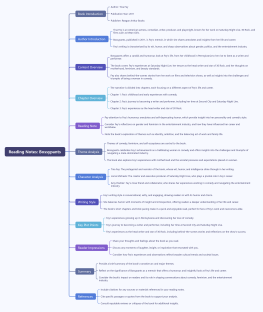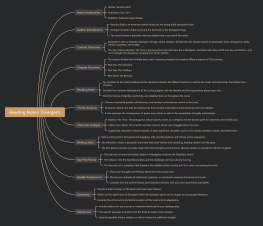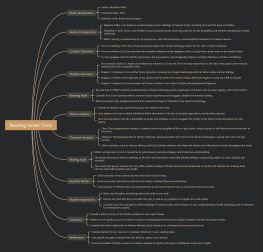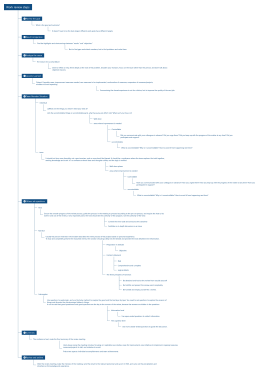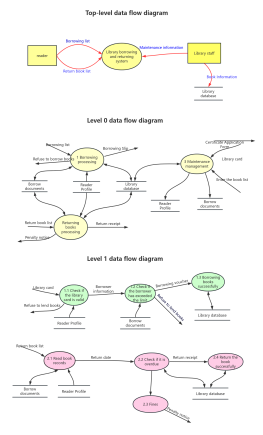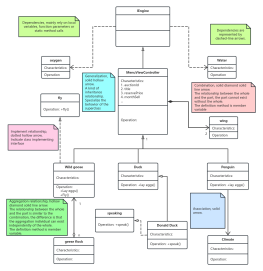The Lowland-Jhumpa Lahiri: Book Summary
2024-07-19 14:34:59 0 Report
Login to view full content
Other creations by the author
Outline/Content
Book Introduction
Author: Jhumpa Lahiri
Publication Year: 2013
Publisher: Knopf
Author Introduction
Jhumpa Lahiri is an American author known for her poignant explorations of the immigrant experience and the complexities of family relationships.
The Lowland, published in 2013, is Lahiri's fourth novel and was shortlisted for the Man Booker Prize.
Lahiri's writing is characterized by its lyrical prose, rich characterizations, and deep empathy for her subjects.
Content Overview
The Lowland tells the story of two brothers, Subhash and Udayan, who grow up in Calcutta in the 1960s.
Their lives take divergent paths when Udayan becomes involved in the Naxalite movement, a communist insurgency, while Subhash pursues his studies in the United States.
The novel explores themes of family, identity, and the impact of political turmoil on personal lives.
Chapter Overview
The novel is divided into several parts, each focusing on different periods in the lives of Subhash and Udayan.
Part One: The brothers' childhood in Calcutta and their close bond.
Part Two: Udayan's involvement in the Naxalite movement and its consequences for his family.
Part Three: Subhash's life in the United States and his efforts to reconcile with his past.
Reading Note
Pay attention to Lahiri's evocative descriptions of Calcutta and Rhode Island, which serve as vivid backdrops for the characters' lives.
Consider the ways in which the political and social upheaval of the 1960s and 70s shapes the characters' destinies and relationships.
Note the novel's exploration of themes such as loss, grief, and the search for belonging, which resonate on both personal and universal levels.
Theme Analysis
Themes of family, identity, and political upheaval are central to the novel.
The Lowland examines the ways in which individuals are shaped by their familial and cultural backgrounds, as well as the impact of larger historical forces on their lives.
The novel also explores the complexities of personal identity and the ways in which individuals navigate the tensions between tradition and modernity, loyalty and autonomy.
Character Analysis
Subhash Mitra: The elder brother, who leaves Calcutta to pursue his studies in the United States and later returns to India to confront his past.
Udayan Mitra: The younger brother, whose involvement in the Naxalite movement has far-reaching consequences for himself and his family.
Gauri: Udayan's wife, who must navigate the complexities of her relationship with both brothers in the wake of tragedy.
Writing Style
Lahiri's writing style in The Lowland is characterized by its lyrical prose, rich characterizations, and deep emotional resonance.
She skillfully weaves together past and present, Calcutta and Rhode Island, to create a narrative that is both intimate and expansive.
Lahiri's attention to detail and keen insight into her characters' inner lives allow readers to empathize with their joys and sorrows, their hopes and regrets.
Key Plot Points
The brothers' childhood in Calcutta, their close bond, and Udayan's involvement in the Naxalite movement.
The consequences of Udayan's actions for himself and his family, including Subhash's decision to return to India and confront his past.
The novel's exploration of themes such as loss, grief, and the search for redemption, as Subhash and Gauri struggle to come to terms with their shared history.
Reader Impressions
Share your thoughts and feelings about the book as you read.
Discuss any moments that resonated with you personally or challenged your understanding of family, identity, and political history.
Consider how Lahiri's storytelling resonates with your own experiences of immigration, cultural identity, and the search for belonging.
Summary
Provide a brief summary of the novel's narrative arc and major themes.
Reflect on the significance of The Lowland within the context of Lahiri's body of work and its contribution to ongoing conversations about family, identity, and political history.
Consider the novel's lasting impact on readers and its enduring relevance as a meditation on the complexities of the human experience.

0 Comments
Next page
Recommended for you
More
